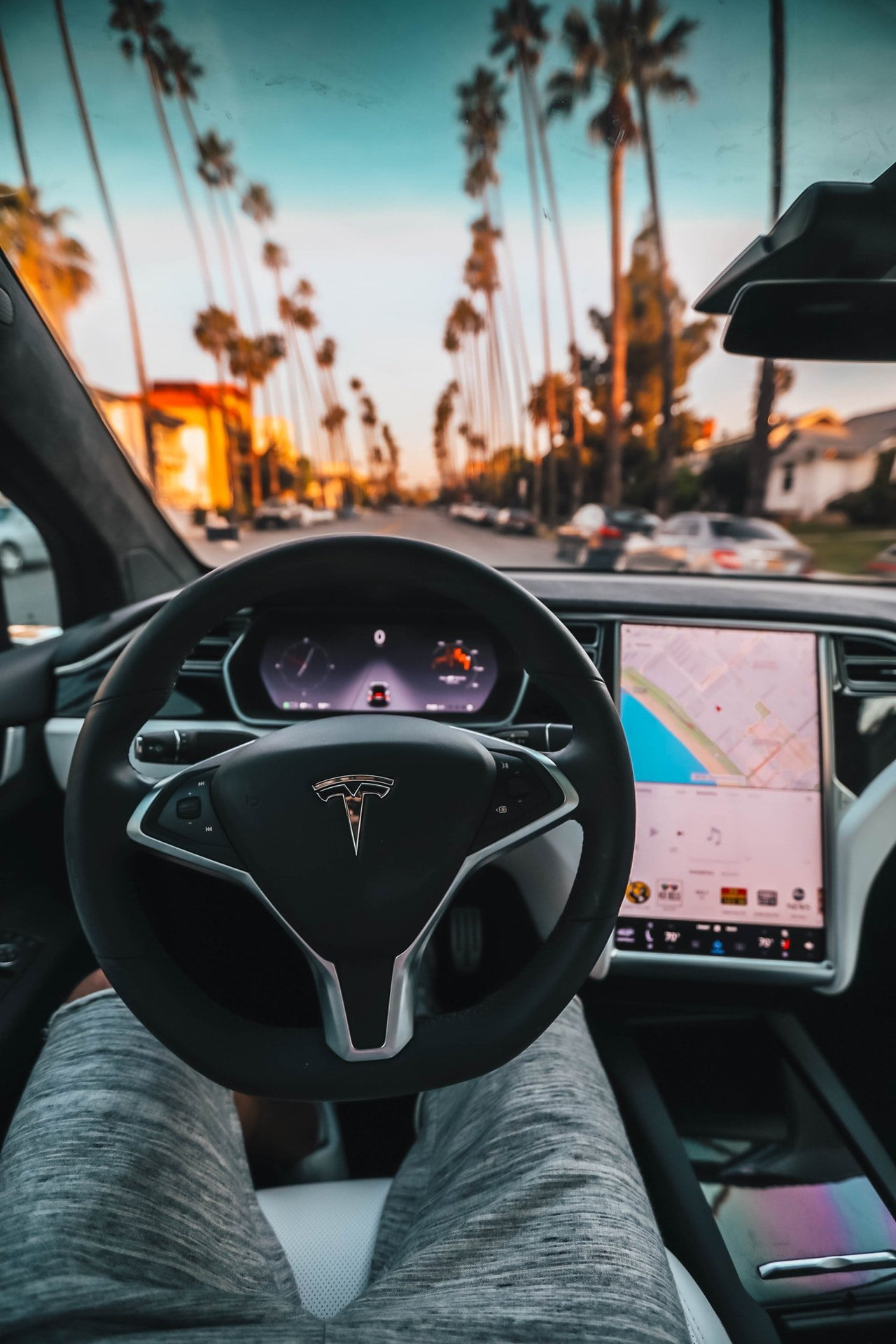
One of the biggest technological advancements in our transport system happened when Elon Musk unveiled his latest innovation: the Tesla Model 3, an automated motor vehicle with self-driving capabilities.
Automobiles on autopilot have arrived and are here to stay. Now the big questions: Are we really ready to fully embrace this next level of automation in transportation? Is the car responsible for the accident or am I responsible? If I’ve been drinking, can my Telsa drive me home? Our current legal system has yet to address the many technical and ethical issues around this new technology.
It shouldn’t come as a surprise that accidents in the Tesla vehicles have included drivers who were under the influence of alcohol. In November 2018, it took 10 minutes for the police officers of the California Highway Patrol of Palo Alto to stop a Tesla Model S driving at 70mph. The Tesla driver had completely passed out behind the wheel. At the beginning of the same year, police arrested yet another Tesla owner for a similar incident in San Francisco. These are just two of the incidences that have raised brows questioning the efficiency of Tesla’s autopilot feature.
Statistically, self-driven cars are much safer than manual driven cars. According to Tesla’s latest report, there is only one accident in every 1.76 million miles driven on autopilot compared to a human-operated automobile crash every 436,000 miles.
Self-driving cars are fitted with sensors and a series of recognition and computing mechanisms that mimic a human being’s driving logic. Despite these technological advancements, AI logic and a human’s capacity to think and react in critical moments is still incomparable. This is why Tesla’s autopilot vehicle’s come with one crucial instruction “stay alert, drive safely, and be in control of the vehicle at all times.”
Self-driven vehicles are designed to operate with an attentive driver to act accordingly when the need arises. Tesla Inc. repeats this warning in all of their material, including the Tesla manual. Because auto-pilot is not intended to replace, but rather to supplement an operator’s driving, operating these machines under the influence of drugs or alcohol is still illegal and still considered a DUI.
Where Should the Blame Lie?
What should legally happen, for example, when a self-driven car rams into an unsuspecting pedestrian or another motorist? Who should take the blame: the driver, the AI system, or the manufacturer who assembled the vehicle?
Currently, there are only a few laws and statutes applicable to the manufactures of self-driving cars. The lack of robust and well-defined legal statutes about drivers of autonomous vehicles could pose serious litigation challenges in future cases. For example, what if an injured plaintiff struck by a self-driving vehicle plaintiff decides to argue that the designers of the self-driving vehicle should share some liabilities with the operator of the vehicle? Who should be criminally liable? Would there be a larger settlement because a larger company is involved? Will cars that are full autonomous always “need a driver,” so manufacturers can avoid all culpability?
These are just some of the questions that the legislature and other regulatory bodies need to consider when making future laws on autonomous vehicles. Despite the absence of specific laws addressing self-driving motor vehicle use and operation, both the current law enforcement and the vehicle creators agree on one crucial detail: the driver should always maintain control of the vehicle.
As shown in both the Palo Alto and San Francisco incidences, both drivers were apprehended and face similar charges as DUI offenders with conventional cars. AI systems might be inherently better at operating vehicles than human beings, but they are not perfect. With that in mind, law enforcement still asks and expects that drivers remain responsible and vigilante.
At Criminal Defense Hero, we advocate for all drivers facing criminal charges. If you are facing a DUI charge involving self-driven cars, contacts us immediately for expert legal advice.









